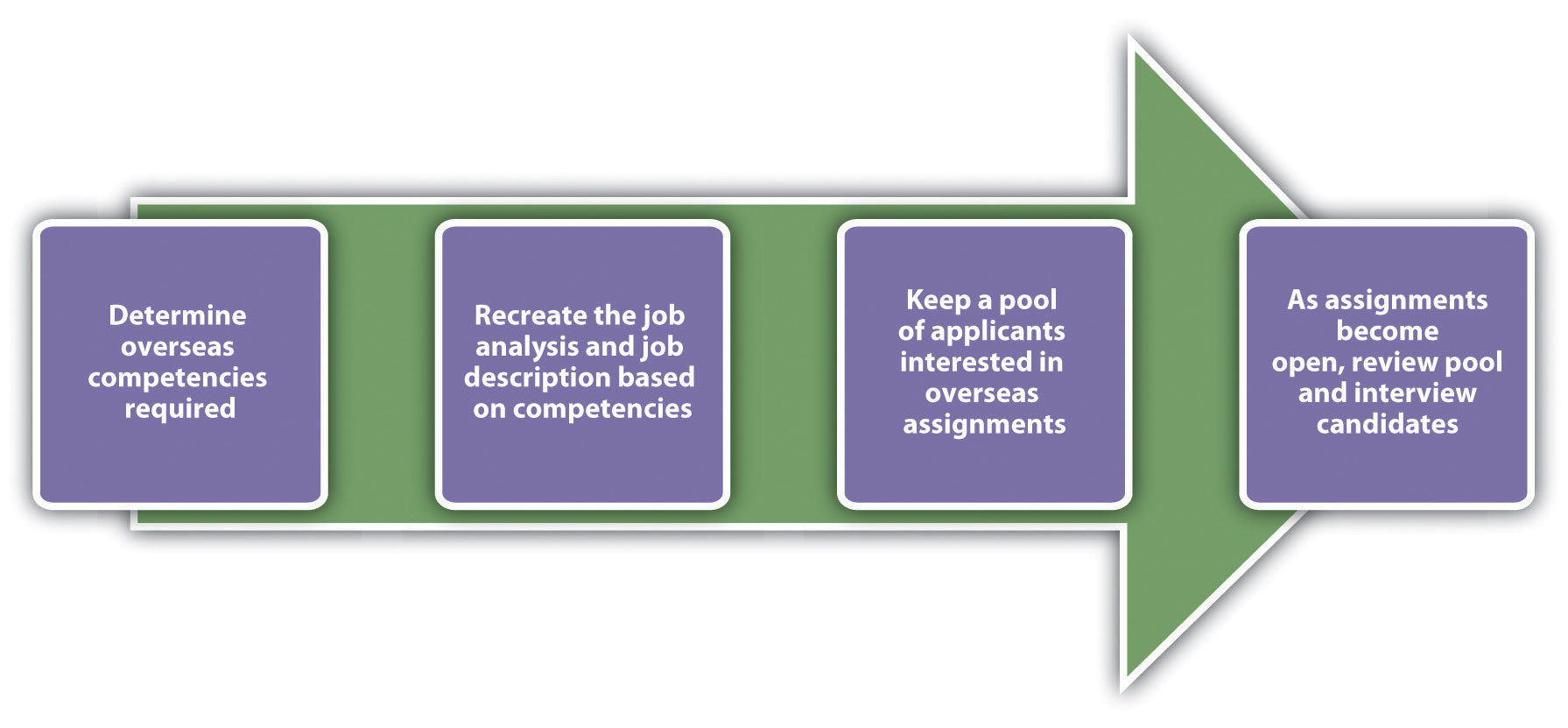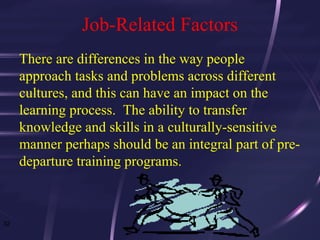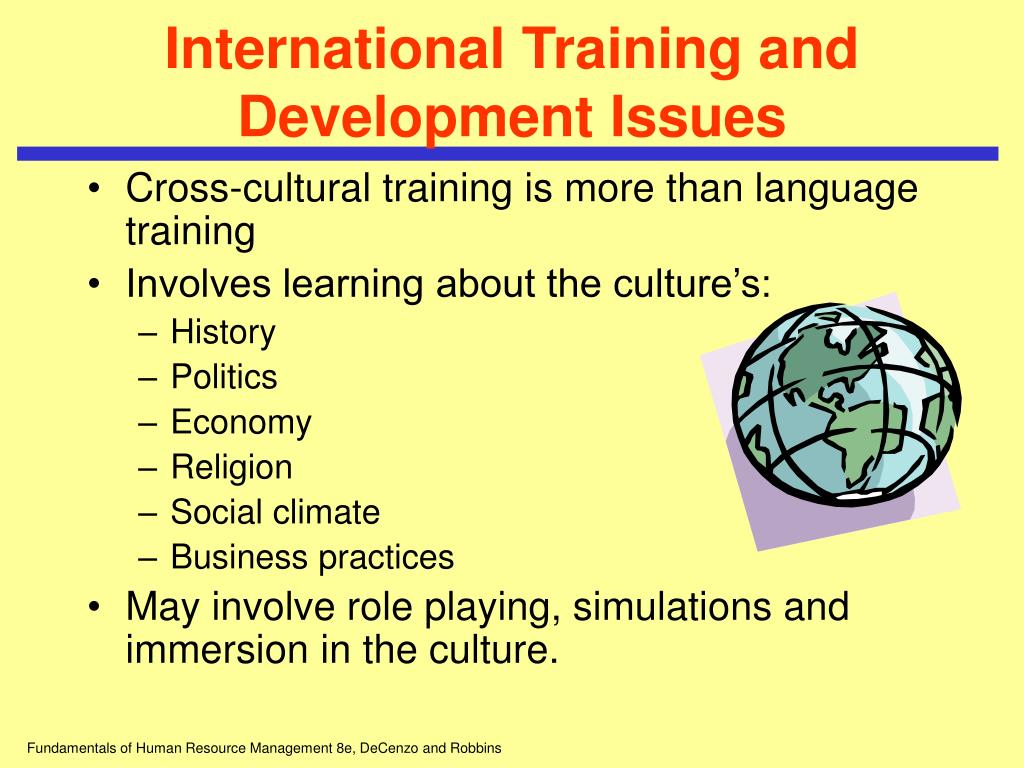Cross cultural training in human resource management (HRM) is the process of preparing employees to work effectively in a diverse and culturally varied environment. This type of training helps employees to understand and appreciate different cultural values, beliefs, and communication styles, and to develop the skills necessary to work effectively with people from different cultural backgrounds.
There are a number of benefits to implementing cross cultural training in HRM. For one, it can improve communication and collaboration among team members, as employees learn to understand and respect one another's cultural differences. This can lead to a more cohesive and productive work environment.
In addition, cross cultural training can help to reduce misunderstandings and conflicts that can arise due to cultural differences. For example, if an employee from one cultural background is accustomed to direct and assertive communication, they may come across as aggressive or confrontational to an employee from a culture that values more indirect and subtle communication. Cross cultural training can help employees to recognize and understand these differences, and to communicate more effectively with one another.
Another benefit of cross cultural training is that it can help to improve customer service. In today's globalized business environment, it is increasingly common for companies to serve customers from a variety of cultural backgrounds. Cross cultural training can help employees to understand and meet the needs of these customers, leading to improved customer satisfaction and loyalty.
There are several approaches to implementing cross cultural training in HRM. One approach is to use training materials and exercises that focus on specific cultural differences and how to navigate them effectively. For example, an employee may learn about the importance of eye contact in some cultures and the lack of importance in others, and how to adjust their own behavior accordingly.
Another approach is to bring in guest speakers or trainers who can provide firsthand insights into different cultural perspectives. This can be particularly effective if the speakers have personal experience working in different cultural settings.
Finally, some companies may choose to send employees on short-term international assignments or secondments, in order to give them firsthand experience working in a different cultural setting. This can be an effective way to expose employees to new cultural perspectives and to give them an opportunity to practice the skills they have learned through cross cultural training.
In conclusion, cross cultural training is an important aspect of HRM, as it helps employees to understand and appreciate cultural differences, and to work effectively with people from a variety of cultural backgrounds. By implementing cross cultural training, companies can improve communication and collaboration among team members, reduce misunderstandings and conflicts, and improve customer service.






